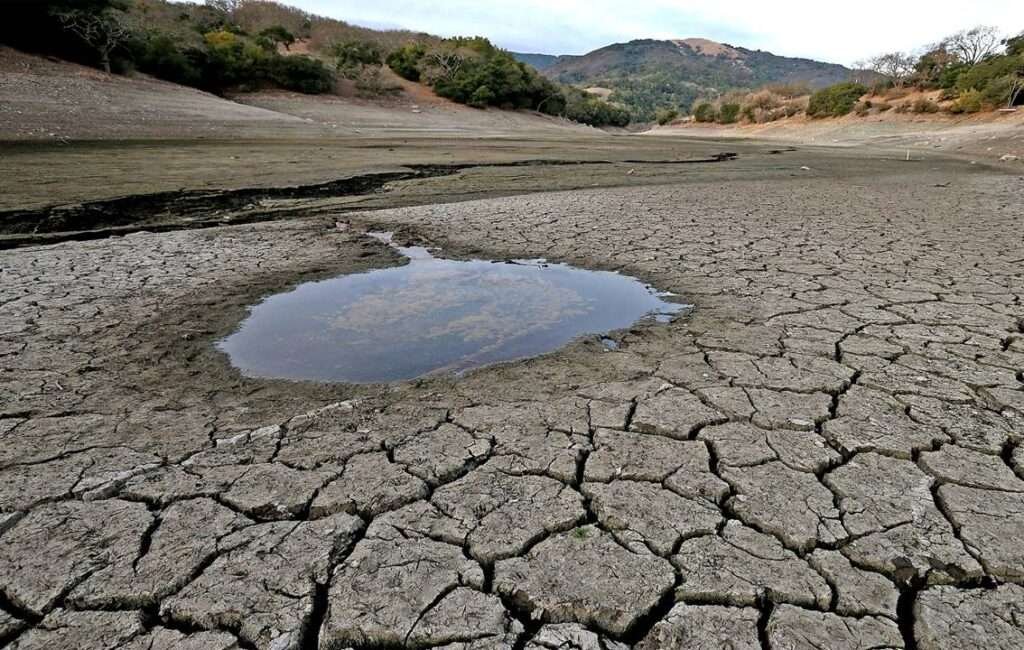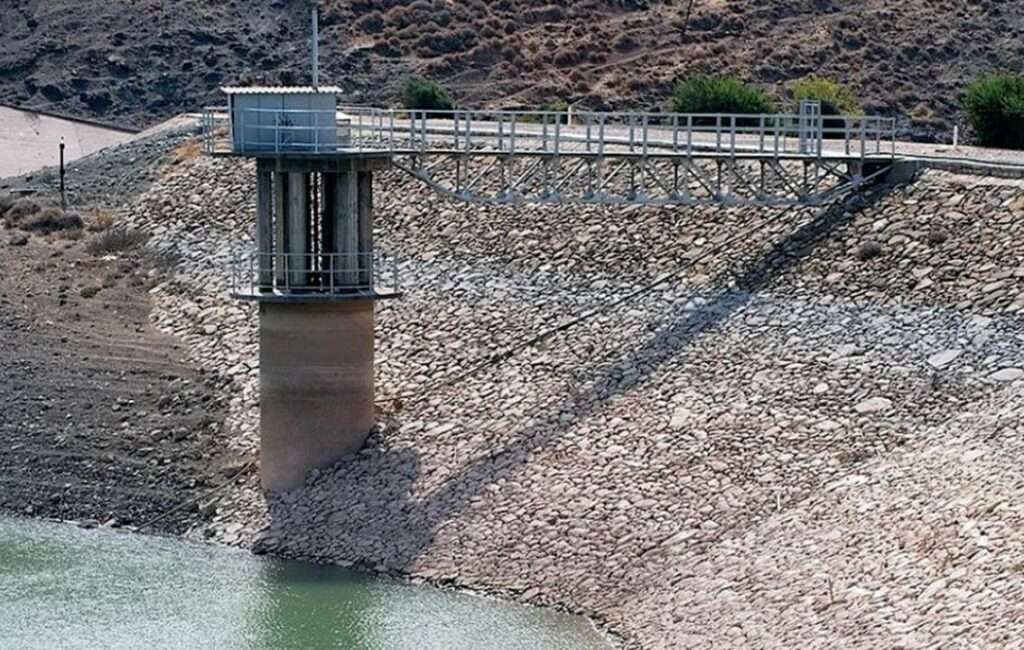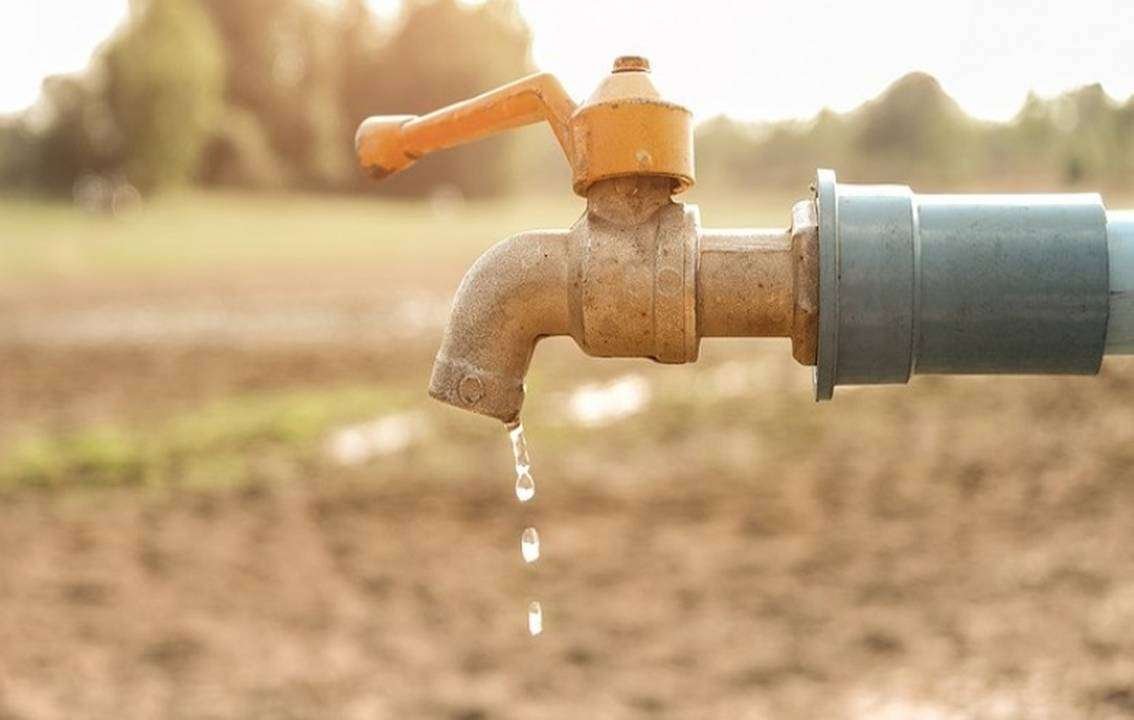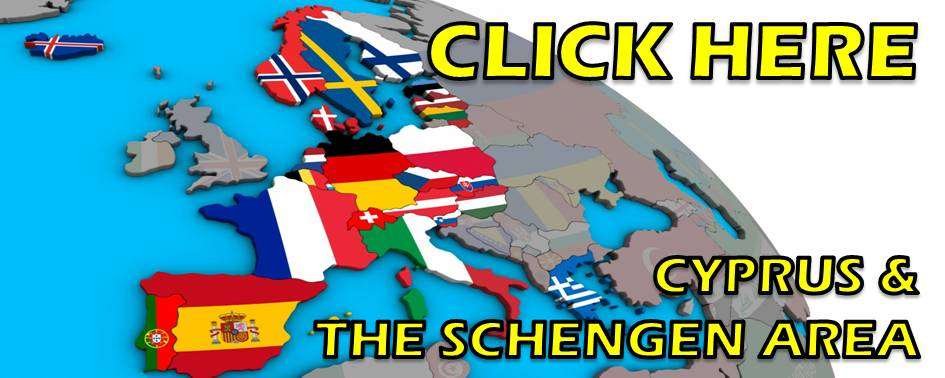

A CYPRUS WATER PROBLEM
Water levels in dams and reservoirs all over Cyprus have reached dangerously low levels. This has prompted water authorities to issue warnings about the consumption of water. With this in mind, they are constantly advising that water should be consumed with caution and moderation throughout the summer. Although Cyprus has experienced one of the driest winters on record, a host of other water retention issues have also come to light. Claims of water losses through ageing networks, a failure to utilise recycled water, and unequal pricing policies have also been blamed for the island’s current water shortages. This has compelled the Cyprus water authorities to reassess their overall water retention strategies and explore new alternatives for future water retention.
New technology has been consistently cited as a solution to alleviate the island’s water issues. Several summits, held throughout the year, have resulted in authorities embracing these new technologies, which come in the form of mobile desalination units. These units, which use seawater to create fresh water, have now been installed across the island, forming part of the island’s overall water retention strategy. Although the introduction of these units has taken longer than expected, signs of more water becoming available remain good.
Water authorities, in the meantime, maintain that there is an adequate water supply available and that current water levels remain stable across the island. This claim comes in spite of draconian measures to save water remaining in place. Farmers and plantation owners, on the other hand, have raised numerous concerns. They have stated that the situation with regards to wholesale irrigation remains difficult, particularly within the district of Paphos.
DESALINATION
THE WAY FORWARD
FOR CYPRUS
A SERIES OF NEW TECHNOLOGIES
Cyprus is taking bold steps to combat its current water shortages. It is doing this by embracing new technology. Existing water systems are represented by an intricate system of dams and reservoirs. Low rainfall and a series of natural disasters, however, have recently seen water levels remain dangerously low, creating a serious shortfall of water.
It is thought that the installation of mobile desalination plants, in various locations across the island, will soon help eleviate water shortages and improve the island’s water infrastructure. This is enforced by the fact that some of these mobile desalination plants that have recently come online are already beginning to yield positive results by actively boosting the island’s water supply.
Each new desalination plant has been adapted and works slightly differently. The new plant at the Potima site, near the village of Peyia, for example remarkably has no pipes. Seawater here is extracted by drilling directly into the ground near the coast. This adaptation is quite revolutionary and may pave the way for other similar installations on the island.
WATER RECYCLING
Recent water shortages have forced water authorities across the island to up their game. This has led to the introduction of a series of changes to their overall water management strategy. One of these new strategies includes better management of water recycling. The new strategy has arrived just in time and is now paying dividends, particularly to the Cypriot agricultural industry.
The Cypriot government remains committed to ensuring that every last drop of used water is reused effectively. This is enforced by the fact that Cyprus currently has the highest rates of recycled sewage water for agricultural use within the European Union. Despite recent challenges, posed by drought and bureaucratic slowdowns, treated sewage water that was once discharged into the sea is now being recycled at treatment facilities across the island. This water retention strategy has become crucial for the Cypriot farming industry and has helped to preserve fresh water for domestic use.
The island has successfully expanded its infrastructure to reuse and store recycled water. Major progress in recycled water resource management, supporting both agriculture and long-term water sustainability, is slowly but surely being achieved. New dams, tanks, and irrigation systems, to make better use of treated sewage water, are being upgraded and installed across the island. The dam in Tersefanou, within the district of Larnaca, and new tanks in Western Nicosia are already in place for this type of water retention. Transfer networks and treatment upgrades in the district of Famagusta and Eastern Nicosia are still in planning stages due to land allocation delays, but should come online soon.


